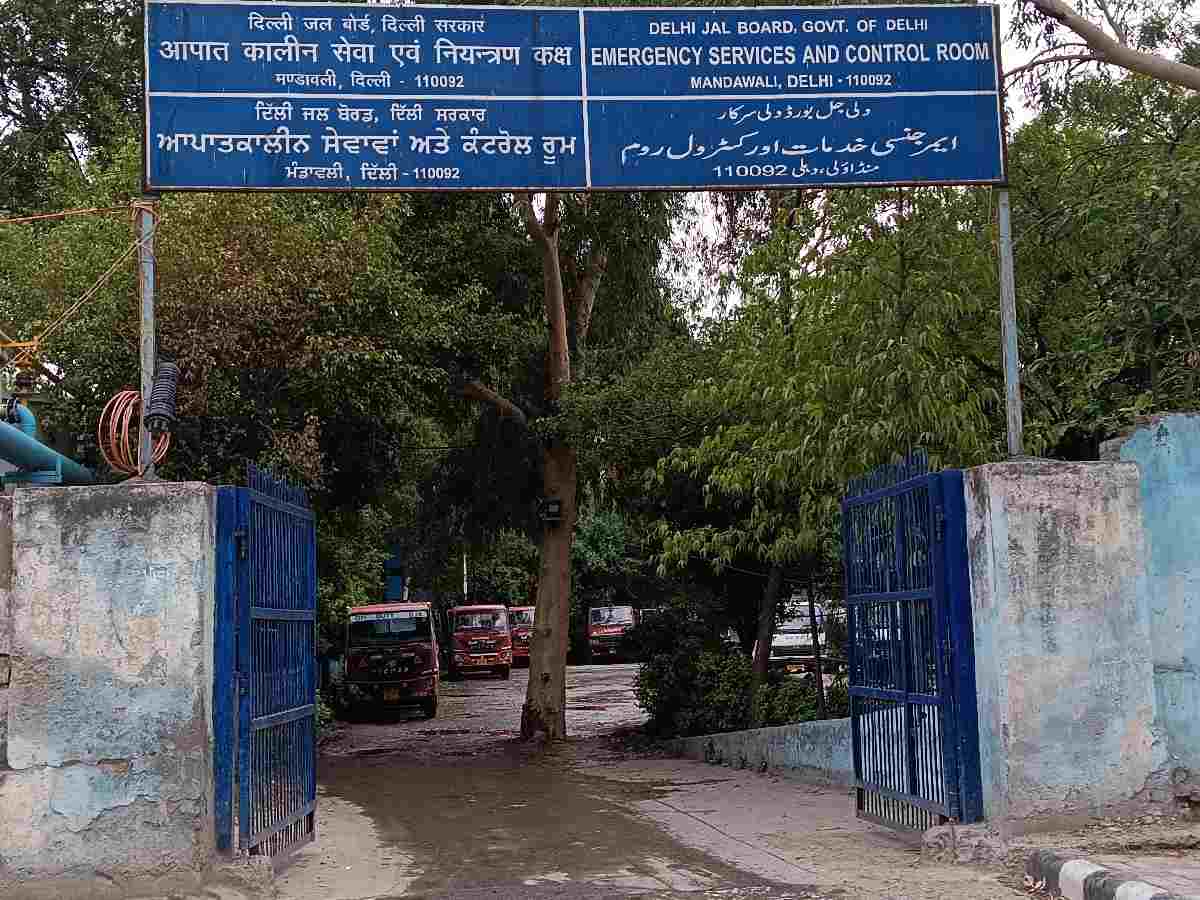
The Delhi Pollution Control Committee (DPCC) has proposed granting ‘state’ laboratory status to all labs in government colleges and those under the Delhi Jal Board to enable real-time water testing across the capital, officials said on Monday.
The proposal was presented during the DPCC’s 74th board meeting on February 13, 2025, at the Delhi Secretariat. Key discussions at the meeting included recruitment, pollution control measures, and infrastructure enhancements.
At present, Delhi has only one state-designated water testing laboratory. Expanding this status to additional labs aims to improve large-scale water quality monitoring and enhance data accuracy, officials stated.
To assess institutional interest, the DPCC is set to issue a public notice inviting government colleges and Delhi Jal Board facilities to participate in the initiative.
According to the meeting minutes, a similar proposal was discussed in September 2024, where officials were directed to recognize more labs as state facilities to support extensive water testing efforts.
Additionally, the DPCC plans to establish a centralised digital platform, enabling recognized laboratories to share real-time water quality data.
To improve the Yamuna’s water quality, the DPCC has expedited the installation of 32 Online Continuous Monitoring Stations (OCMS) along the 22-kilometer stretch of the river within Delhi.
Currently, water samples are manually collected from nine locations once a month. Officials emphasized the need to accelerate the OCMS installation process by prioritising procurement and National Accreditation Board for Testing and Calibration Laboratories (NABL) accreditation. The DPCC laboratory’s recognition under the Environment Protection Act must also be completed within a set timeframe.
Also Read: Deathtrap: 950 bodies recovered from Delhi’s railway stations in 2024
An expert consultant is expected to be appointed within a month to oversee the project, according to the meeting records. The committee also called for a rapid study to analyse the impact of increased sewage treatment plant (STP) capacity on the Yamuna’s water quality.
The DPCC approved the renewal of contracts for four Continuous Ambient Air Quality Monitoring Stations (CAAQMS) in different parts of the city.
The board also discussed upgrading DPCC’s laboratory facilities with advanced equipment, including Flue Gas Analysers and Gas Chromatography-Mass Spectrometry (GC-MS) instruments, to enhance pollution monitoring capabilities.
(With inputs from PTI)
A Delhi court has sought a fresh status report in the Janakpuri biker death case;…
From heritage dinners to playful workshops, Delhi-NCR’s Valentine’s Day offerings blend romance, global flavours, and…
GRAP-related construction curbs delayed PWD’s plan to revamp over 40 roundabouts with landscaping and art…
Properties worth Rs 68 lakh, including shops, vehicles and cash linked to alleged narcotics trafficking,…
The woman was alleged to have trafficked a child from her native village and got…
A case was registered, and over 100 CCTV cameras from Rohini to the crime spot…